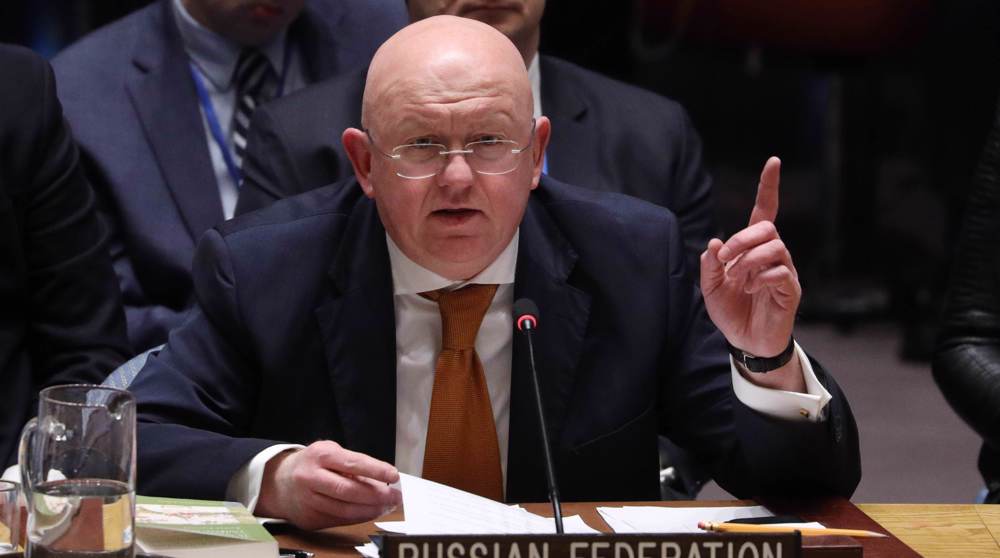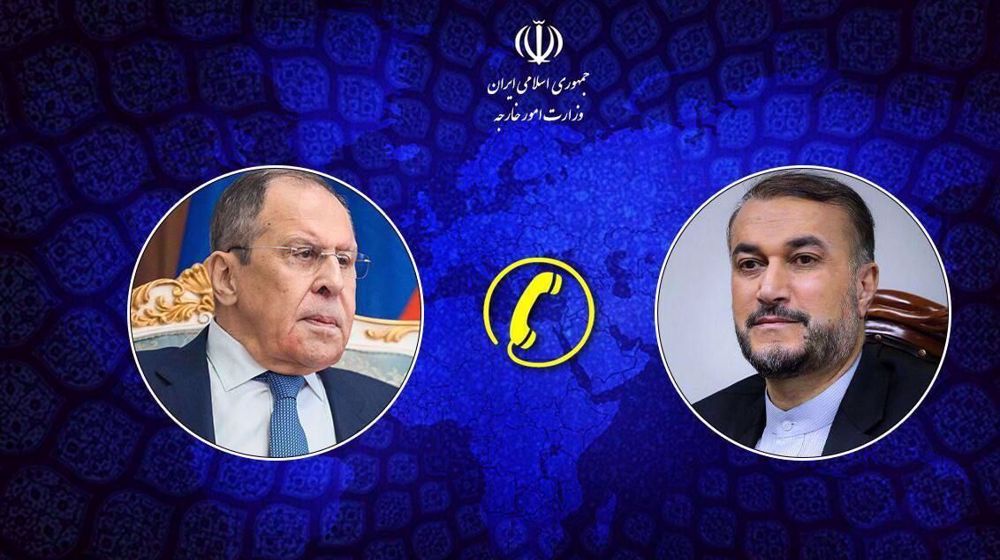Russia's fresh 'proof' shows Kiev missile downed MH17 flight
Russia's Defense Ministry has released fresh information showing that the missile which shot down a Malaysia Airlines flight over the conflict-ridden eastern Ukraine in 2014 was fired by Kiev forces, refuting evidence by an investigation group that pointed the finger of blame at the Kremlin.
During a news conference in Moscow on Monday, Chief of the Russian Defense Ministry’s Missile and Artillery Department Lieutenant General Nikolai Parshin told reporters that the missile, which downed Malaysia Airlines Flight MH17, was manufactured in the town of Dolgoprudny outside Moscow in 1986, but was delivered to a military unit in Ukraine and was never brought back to Russia.
Parshin said the BUK missile was sent at the time to Ukrainian Soviet Socialist Republic military unit 20152, which is currently the 223rd anti-aircraft defense regiment of Ukraine's armed forces.
"The missile with the serial number 886847379 intended for the BUK missile system on December 29, 1986 was sent by rail transport to military unit number 20152," Russia’s RIA Novosti news agency quoted Parshin as saying.

The senior official said the military unit referred to was based in Ukraine, then a Soviet republic, adding that this information was classified "top secret."
"After the breakup of the Soviet Union, it (the missile) was not brought onto Russian soil and was incorporated into the Ukrainian armed forces," Parshin noted.
Major General Igor Konashenkov, spokesman for the Russian Defense Ministry, who hosted the presser, also presented an audio recording that was "proof" for Ukraine’s complicity in the MH17 disaster.
Konashenkov said the audio recording of a conversation between Ukrainian military servicemen was made back in 2016 in the Odessa Region during the Rubezh-2016 exercise and published in the Ukrainian mass media.
Flight MH17 on a Boeing 777 was blown out of the sky over eastern Ukraine on July 17, 2014 while en route from Amsterdam to Kuala Lumpur. Moscow has time and again denied any involvement in the disaster, putting the blame instead on Kiev. The crash took the lives of all 298 people on board. Two thirds of the victims were Dutch.
During the Monday briefing, Parshin also said that video footage used by the Dutch-led Joint Investigation Team (JIT) showing the BUK missile being transported into areas held by pro-Russia forces in eastern Ukraine was “manipulated.”
The team claimed on May 24 that "the Buk-TELAR that was used to down MH17, originates from the 53rd Anti-Aircraft Missile brigade ... a unit of the Russian army from Kursk in the Russian Federation."
Russia’s Defense Ministry rejected all the allegations and said that none of the missile systems belonging to the Russian Armed Forces had ever been taken abroad.
The Russian military further expressed concern over “the determination of the Dutch-led investigation to justify its conclusions by solely using images from social networks that have been expertly altered with computer graphic editing tools.”
The JIT, which has been looking into the MH17 crash, includes Netherlands, Australia and Ukraine, but not Russia. Moscow has long accused the investigation of being biased and failing to obtain all necessary evidence from Ukraine and relying on questionable sources while ignoring evidence provided by Russia.
Pakistan says Iran entitled to retaliate as Israel breaches sovereignty
VIDEO | Mass rallies held in major US cities in support of Gaza
VIDEO | Press TV's news headlines
Israel kidnapped 3,000 Palestinians since start of genocidal war: Report
Iran 'Operation True Promise' further debunks Israel’s invincibility myth: Commander
Germany's Scholz seeks collaboration with China in 'just peace' in Ukraine
UN chief says attacks against civilians in Sudan could constitute ‘war crimes’
Slightest act against Iran’s interests will be met with ‘painful response’: Raeisi










 This makes it easy to access the Press TV website
This makes it easy to access the Press TV website